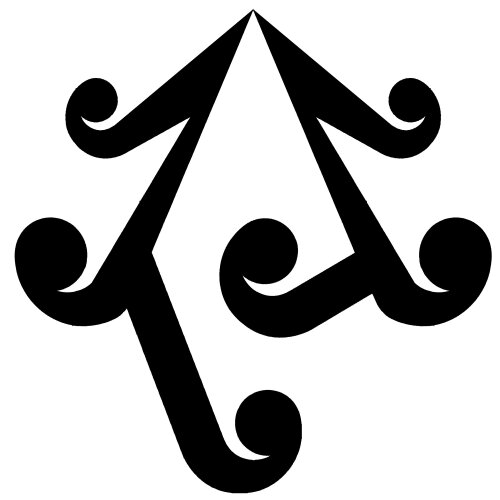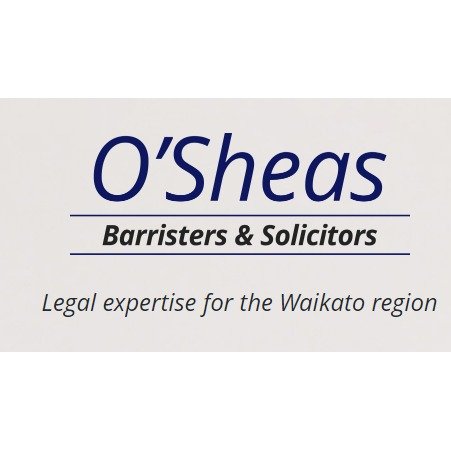Best Military Law Lawyers in New Zealand
Share your needs with us, get contacted by law firms.
Free. Takes 2 min.
Or refine your search by selecting a city:
List of the best lawyers in New Zealand
About Military Law in New Zealand
Military law in New Zealand governs the conduct of members of the New Zealand Defence Force (NZDF). The primary legislation in this area is the Armed Forces Discipline Act 1971, which outlines the legal framework for military discipline and justice. This specialized area of law is designed to maintain order and discipline within the armed forces while accommodating the unique aspects of military life and operations. Military law in New Zealand is administered through military courts and appeals are handled through the civilian court system.
Why You May Need a Lawyer
There are several situations where you might need legal advice or representation under Military Law in New Zealand. Common scenarios include: facing disciplinary actions or court-martial charges, understanding your rights and obligations under military service, dealing with grievances related to military decisions, and seeking legal recourse for personal matters affected by military service. A lawyer specializing in military law can help navigate these complex issues and ensure that your rights are protected.
Local Laws Overview
Key aspects of local laws relevant to Military Law in New Zealand include:
- Armed Forces Discipline Act 1971: This is the primary legal document that outlines offenses, punishments, and military court procedures.
- Defence Act 1990: This act further details the roles, responsibilities, and functions of the NZDF and its members.
- Military Justice System: This system includes court-martial proceedings and summary hearings for less serious offenses.
- Rights of Service Members: Includes regulations on the treatment of military personnel, legal recourse, and lining up military and civilian legal standards.
Frequently Asked Questions
What constitutes a military offense?
A military offense is a violation of the Armed Forces Discipline Act 1971. Examples include insubordination, absence without leave (AWOL), and disobeying lawful commands.
What is a court-martial?
A court-martial is a military court proceeding used to try members of the NZDF for serious breaches of military law.
Can a civilian lawyer represent me in a military case?
Yes, a civilian lawyer with expertise in military law can represent you, although there are also specifically trained military legal officers available.
What are my rights if I am accused of a military offense?
You have the right to be represented by legal counsel, to a fair and impartial trial, and to appeal any convictions.
How is military justice different from civilian justice?
Military justice is conducted within the military structure and focuses on maintaining discipline and order, sometimes prioritizing these over the individual freedoms emphasized in civilian justice.
Can military decisions be challenged?
Decisions can be challenged through internal grievance procedures or in some cases through civilian courts if they breach human rights or are outside the powers granted by law.
What penalties can be imposed for military offenses?
Penalties range from fines and demotion to imprisonment or discharge from service, depending on the severity of the offense.
What happens if I am injured during service?
You may be entitled to compensation through veterans’ affairs as well as other support services provided by the government.
How can I find a lawyer experienced in Military Law?
Many law firms advertise their specialties online, or you can contact organizations like the New Zealand Law Society for recommendations.
Are there support services for families of military personnel involved in legal matters?
Yes, support services are available through the NZDF and various veterans’ organizations to assist families with legal and emotional support.
Additional Resources
Several resources can assist those needing legal advice in Military Law:
- New Zealand Defence Force Legal Services
- Veterans' Affairs New Zealand
- New Zealand Law Society
- The Ombudsmans Office for service personnel
- Armed Forces Disciplinary Tribunal
Next Steps
If you find yourself in need of legal assistance concerning Military Law in New Zealand, consider the following steps:
- Assess your situation to determine whether you need legal advice or representation.
- Contact the NZDF legal services division for preliminary guidance tailored to military personnel.
- Research and reach out to civilian lawyers experienced in military law for more comprehensive advice.
- Utilize support networks such as veterans’ groups for emotional and ancillary support during any legal processes.
Understanding and navigating Military Law can be complex, but with the appropriate resources and assistance, you can ensure that your rights and duties are clearly understood and upheld.
Lawzana helps you find the best lawyers and law firms in New Zealand through a curated and pre-screened list of qualified legal professionals. Our platform offers rankings and detailed profiles of attorneys and law firms, allowing you to compare based on practice areas, including Military Law, experience, and client feedback.
Each profile includes a description of the firm's areas of practice, client reviews, team members and partners, year of establishment, spoken languages, office locations, contact information, social media presence, and any published articles or resources. Most firms on our platform speak English and are experienced in both local and international legal matters.
Get a quote from top-rated law firms in New Zealand — quickly, securely, and without unnecessary hassle.
Disclaimer:
The information provided on this page is for general informational purposes only and does not constitute legal advice. While we strive to ensure the accuracy and relevance of the content, legal information may change over time, and interpretations of the law can vary. You should always consult with a qualified legal professional for advice specific to your situation.
We disclaim all liability for actions taken or not taken based on the content of this page. If you believe any information is incorrect or outdated, please contact us, and we will review and update it where appropriate.
Browse military law law firms by city in New Zealand
Refine your search by selecting a city.













